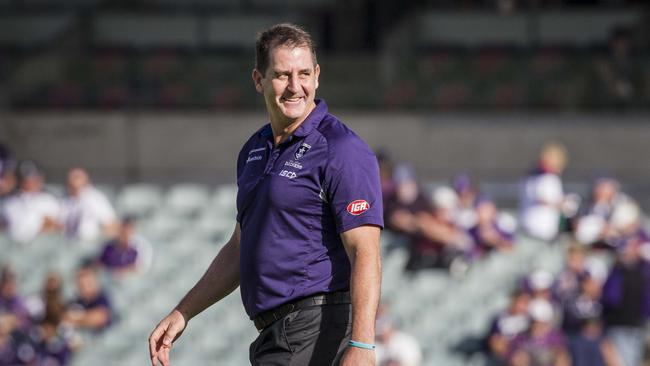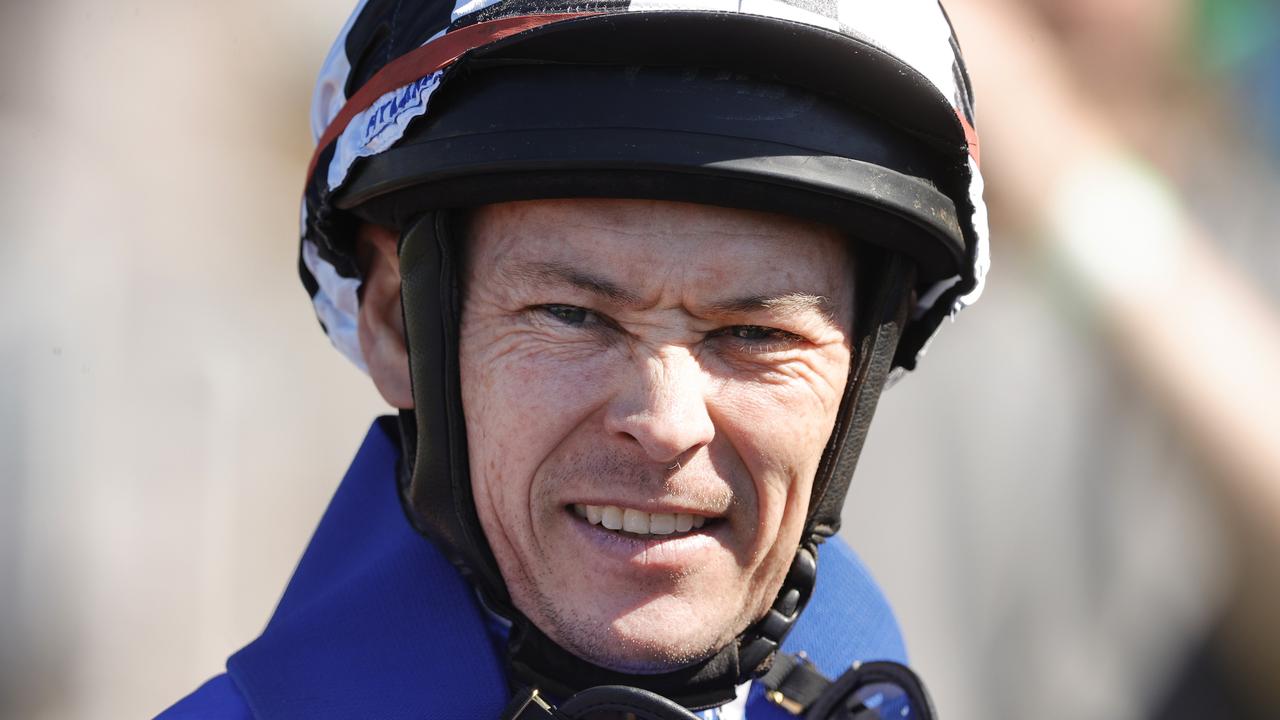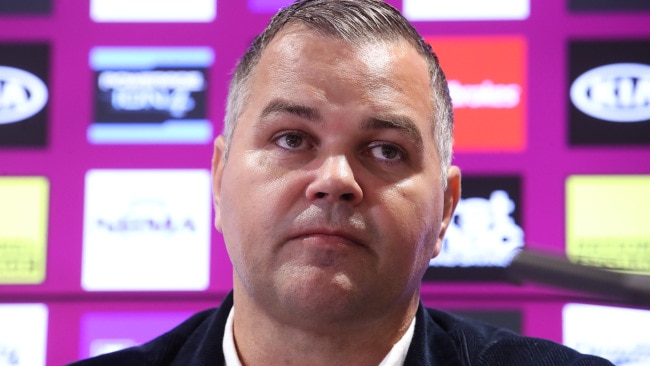Remember, trolls - sports stars are real people, too
HIGH profile athletes are sometimes the easiest targets to aim for on all media platforms but the long-term outcomes could outweigh the short-term impact some social commentary is looking to achieve
Sport
Don't miss out on the headlines from Sport. Followed categories will be added to My News.
- Powell-Pepper must start again
- Walker’s status being questioned
- AFL’s scales of justice appear lopsided
- Insiders knew about alleged drugs connection
DISAPPOINTING is the only way to describe how two seperate incidents, involving South Australian sporting personalities in the last month, have been played out on all media platforms in our state.
The first was the allegations originally associated with Port Adelaide’s Sam Powell-Pepper, and the second is the slamming of Adelaide Crows skipper Tex Walker and his captaincy.
High-profile sporting individuals are always under intense media and social media scrutiny when things turn for the worse — Steve Smith, Mark Thompson and Ross Lyon’s alleged misdemeanors spring to mind.
While it is important to report the facts, I believe all authorities and bloggers must tread carefully to avoid contributing to an individual’s demise - particularly with mental health such a prominent issue.
Negative commentary can have a huge impact on an individual, and age or level of experience has nothing to do with the effect it can have.
It can be costly personally and financially, and can have long-term effects on employment and sponsorship opportunities.
These sportspeople are humans like the rest of the public and unsavoury comments in forms of media can have mental health implications .
The mutual trust built between sporting clubs and the mainstream media has transformed fan access to the inner sanctum of sport. Never before have fans had so much access through Facebook, Instagram and Snapchat as well as TV and print coverage.
These arrangements benefit all parties. Professional sportspeople are in the public eye and increased scrutiny follows, but we must remember they are not superhuman.
Mental health statistics suggest athletes succumb to pressure just like everybody else in the community.

Only recently I witnessed this type of pressure at home. My husband, Jace, plays for SANFL club Norwood and was reported. It was a real eye-opener to witness the amount worry, angst and stress he suffered while awaiting sanction before the tribunal. It meant sleepless nights and it was all-consuming, not only for him but also our family.
Sportspeople care, and they care much more than the general public realises.
Commentary has a huge impact on them, and those around them. Let’s not forget this and provide our sportspeople with more support. Let’s focus on the good stuff, too.
Elite sportspeople are just young men and women who happen to be great at sport. Like you and I they make mistakes, but their mistakes are played out publicly. With mental health being a real issue for society and for our sports people I believe more care is needed when dealing with delicate situations – both by the media and by the public.
Social media is a powerful tool. It has so many benefits but allows sportspeople to be contacted without filter. This is great when things are going well - the positive messages can be a real confidence-booster. But it can turn south pretty quickly.
A poor performance and the ‘trolls’ come out on the attack. Messages left on Instagram feeds or forums are often read by players and can be devastating - it can really hurt.
As an athlete I had to stay off forums, as I found that any negative comments I read about myself stuck while the good stuff didn’t, but even one bad comment had a way of influencing my confidence and filled me with self-doubt.
Let’s just take a moment to remember these players are human, they care like the rest of us, so despite their job being in the public eye they deserve a little more than what they are afforded at times. Athletes must be accountable for their actions, but we must take care not to push too far.


